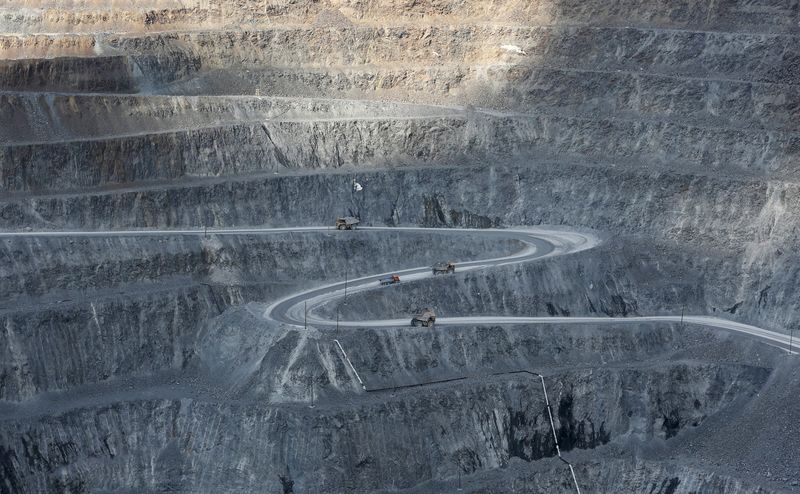* Company gross profits jump 20.1 pct vs forecasts +8 pct
* Miners reap bonanza from rising resource prices
* Inventories and wages prove a slight drag on growth
* Q4 GDP seen up around 0.7 pct q/q after shock drop in Q3
By Wayne Cole
SYDNEY, Feb 27 (Reuters) - Profits at Australian companies boomed last quarter as surging resource prices showered cash on miners, a potential boost to incomes across the economy and a much-needed windfall for government tax coffers.
Monday's data from the Australian Bureau of Statistics showed gross company profits soared 20.1 percent in the fourth quarter, from the third quarter, a result beaten only once before. Mining boasted a rise of almost 50 percent, while profits at the pre-tax level surged by no less than 470 percent.
Craig James, chief economist at CommSec, noted that 135 of the ASX 200 companies had reported so far in the current earnings season and all but eight made a profit.
Of those, 69 percent increased profit over the year, above the long-term average near 60 percent, while total holdings of cash rose by 9 percent to over A$108 billion.
Headlining was BHP Billiton (LON:BLT) BHP.AX which turned a net loss of $5.7 billion a year ago into a profit of $3.2 billion. The mining giant also more than doubled its interim dividend, cash which will make its way into the economy in one form or other.
In particular, policy makers are hopeful the influx of liquidity will provide the funds for a pick up in investment.
"Balance sheets across corporate Australia are in good shape," said James. "Cash levels are near the highest in the 14 earnings seasons we have covered."
A revival is badly needed as business investment was a heavy drag on the economy last year. Monday's data also showed firms added to inventories at a slower pace in the fourth quarter, subtracting around 0.2 percentage points from economic growth.
Figures on gross domestic product (GDP) due on Wednesday are forecast to show growth of around 0.7 percent, bouncing from a shock 0.5 percent contraction in the third quarter.
Such an outcome would keep alive Australia's 25-year run without a technical recession - two consecutive negative readings for GDP - and on course to surpass the all-time record currently held by the Netherlands.
Yet annual growth would only be a tepid 1.9 percent, with the economy barely expanding over the second half of the year.
"It looks like being a reasonable bounce, but not one that's going to set the world on fire," said David de Garis, a senior economist at NAB.
He noted that wages and salaries had actually declined in the fourth quarter, a rare event that could sap consumption.
The Reserve Bank of Australia (RBA) has been loudly predicting an acceleration toward 3 percent by the end of this year, as a long slump in mining investment eases and high prices for key commodity exports percolate through the economy.
